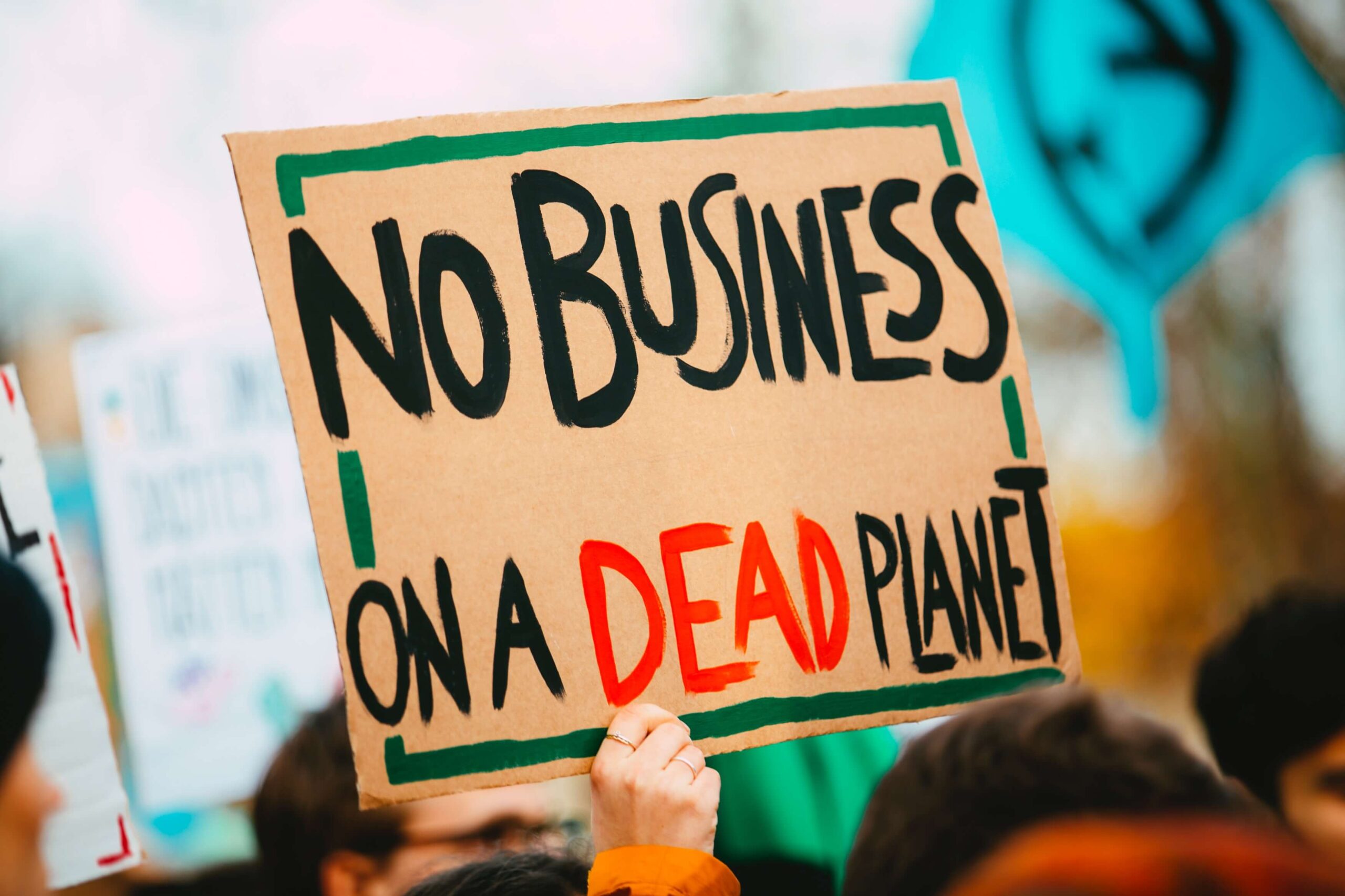
We are losing the war against climate change. I recently had the privilege of delivering my first ever TedX talk looking at ways of accelerating better climate outcomes.
Capitulation is not an option, so we need to find new strategies with which to combat the devastating pace of climate change.
There is a huge amount of good work being done by a global cohort of scientists, activists and regulators – but it’s not enough.
Businesses exist to solve problems and we need to use business principles and the power of incentives to drive change through corporate value chains.
Banks, despite what you might think of them, should become the drivers of that change.
With just a small tweak to regulation, I believe we could accelerate the fight-back against disaster.
That can only happen if global regulators at Basel in Switzerland step up to the plate and permit banks to operate a more flexible capital regime to allow them to offer discounted performance-related loans to their clients.
In return, those clients would not only run their own businesses better but would be obliged to ensure their own value chain subscribed to and delivered upon sustainable business practices.
A supermarket group for example would need to buy its beef and dairy only from herds fed supplements such as those derived from the seaweed Asparagopsis Taxiformis. With 1.5 billion cattle alive in the world at any time, they account for about 1/3 of global methane production. This problem can be markedly reduced using synthetic versions of the plants developed for this purpose in Australia.
All big companies have a carbon footprint, some larger than others.
Banks could use their power and reach to incentive their customers to run sustainable business models.
It would require regulators to be more flexible on arduous capital requirements introduced after the global financial crisis, as banks too need an incentive to operate differently.
You would think leaving a healthier planet for future generations would be motivation enough – clearly it’s not. We are wired to satisfy our immediate needs and desires in the short term, so we need to provide an immediate financial incentive to companies to act now in our collective best interests.
I will post the full video from Ted as soon as it lands.



